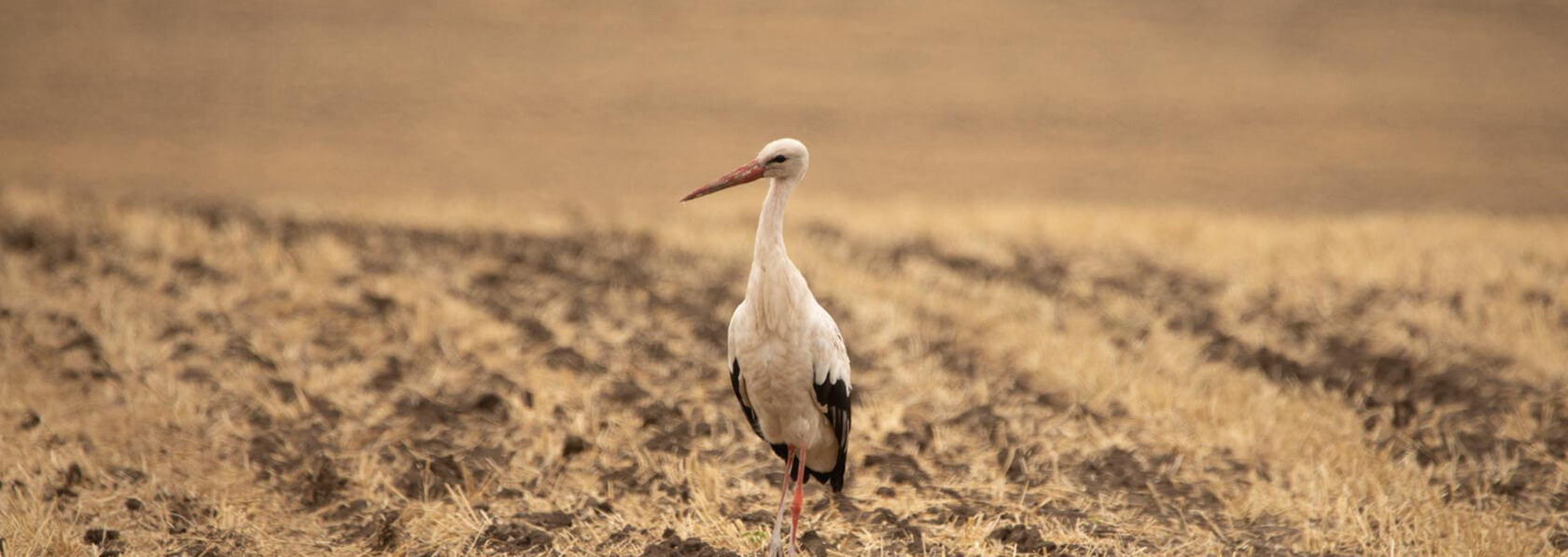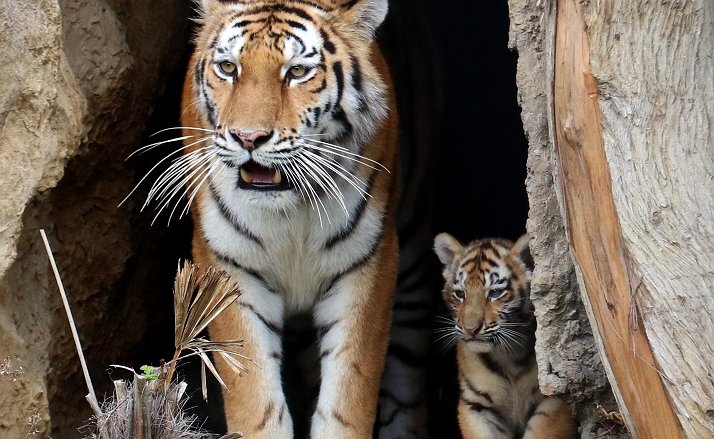
News and announcements

Amur tiger cubs were born in the Baku Zoological Park
On January 30.01.2023, 3 Amur tiger cubs weighing 1000-1200 g, 1 male and 2 females, were born in the Baku Zoological Park. Also, on 04.15.2022 and 08.30.2022, 2 more tiger cubs were born in the Baku Zoological Park. Cubs are fed with mother's milk from the first day and are under the constant supervision of their mother. The birth of tiger cubs is a spectacular event because tigers do not reproduce as fast as other mammals.
Cubs are born with their eyes closed, they begin to see after about 2 weeks. They start eating meat from the 8th week, hunt from the 11th month and live with their mother for about 2 years.
The Amur tiger (Panthera tigris altaica), the largest of the tiger subspecies, is the third largest land predator after the polar and brown bears. The distribution area of the Amur tiger is Russia and China. It is included in the "Red Book" of the Russian Federation and the International Union for Conservation of Nature (IUCN) and is endangered. The decrease in their numbers is associated with human hunting and the reduction of their natural range. In 1930, less than 30 individuals remained in Russia, but in the middle of the 20th century, after the decision to ban the hunting of the Amur tiger, their numbers increased. As a result, in 1990 their number reached 400.
It should be noted that the Baku Zoological Park plays an important role in the protection of nature and the protection of biodiversity. The main goal of the new zoological park is the conservation, reproduction and release back into nature of animal species listed in the "Red Book" of Azerbaijan, the number of which is declining and which are on the verge of extinction. The zoo cooperates with the Ministry of Ecology and Natural Resources in a number of reintroduction programs. Thus, the red deer and gazelles, listed in the Red Book of Azerbaijan, increased their numbers in the territory of the Zoological Park and returned to their natural habitats. Currently, preparations are underway for the reintroduction of the Dagestan tur and the Indian porcupine.
